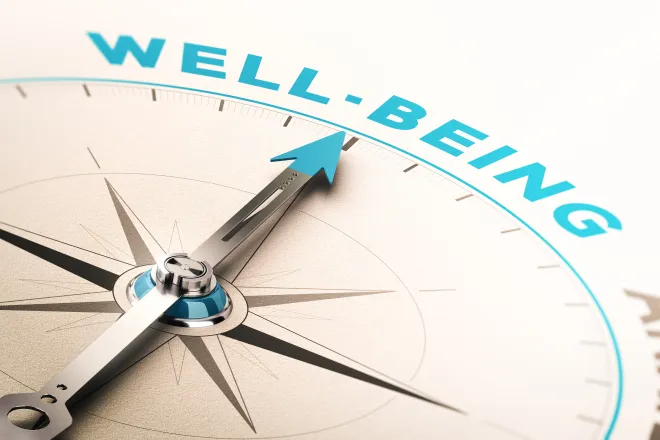
Colorado’s Safe2Tell school tip line logs over 30K reports
© metamorworks . iStock-968113166
Colorado's K-12 safety anonymous reporting system surpassed over 30,000 reports in the 2024-2025 school year.
The Safe2Tell system received 30,461 reports in total, with seven out of the last 10 months in the 2024-2025 school year receiving more reports than in the previous school year.
“These reports show how Safe2Tell serves as a bridge to support,” said Stacey Scardino, director of Safe2Tell, in a press release. “Whether it’s a serious concern or a question about how to get help, we’re here for everyone 24/7.”
The system, which was first implemented in 2004, continues to operate even in summer months. It is a violence intervention and prevention program for students, staff, parents or community members to anonymously report threats to their own and others’ safety.

© iStock.com - leolintang
In June, the program received 842 reports, a 71 percent decrease from May.
“Even in the quieter summer months, Safe2Tell remains an essential tool for individuals to report concerns and access help,” said Colorado Attorney General Phil Weiser. “We are committed to ensuring students and community members know this service is always available and that one report can make a life-changing difference.”
In June, the most common report themes included mental health concerns at 19.5 percent and school safety at 15.3 percent.
Other categories included abuse and exploitation at 10.7 percent, community safety at 10.7 percent, substance use at 7.1 percent, bullying at 6.8 percent and violence at 2.7 percent.
Once a report is made, parents might be notified, local authorities might conduct a welfare check, or counseling might even be recommended.
“June reports continued to result in meaningful intervention,” said a press release from Weiser’s office. “In one instance, a report raised concerns that a student who had previously self-harmed was again experiencing suicidal ideation. Law enforcement conducted a welfare check, and while the student said the message was a joke, their parents chose to resume therapy.”
In the 2024-2025 school year, just 2.2 percent of all reports submitted were found to be false. Nearly 13 percent of the reports were found to be duplicate reports.
Throughout the year, the system received 3,103 related to suicide threats, 2,659 related to bullying, 2,555 school safety concerns from staff and 1,595 related to drugs.
This comes as concerns for student mental health continue in the wake of the COVID-19 pandemic, which many have labeled a “crisis.”
“Colorado’s kids are in distress,” said a report from the Colorado Health Institute.
The same report pushed for universal mental health screenings in schools.
“Schools are uniquely positioned to address the mental health needs of students by meeting youth where they already spend most of their day,” it said. “By implementing universal mental health screenings in schools, administrators can improve academic performance, support student mental health and build a necessary system of behavioral health services for students.”
















